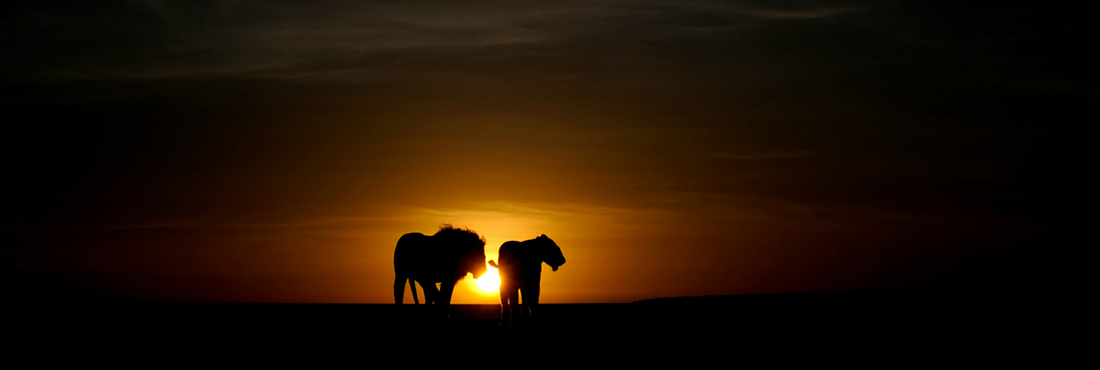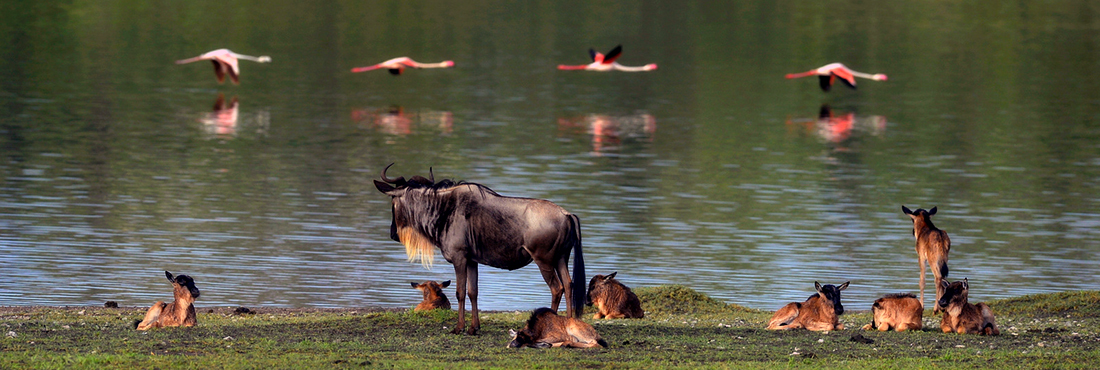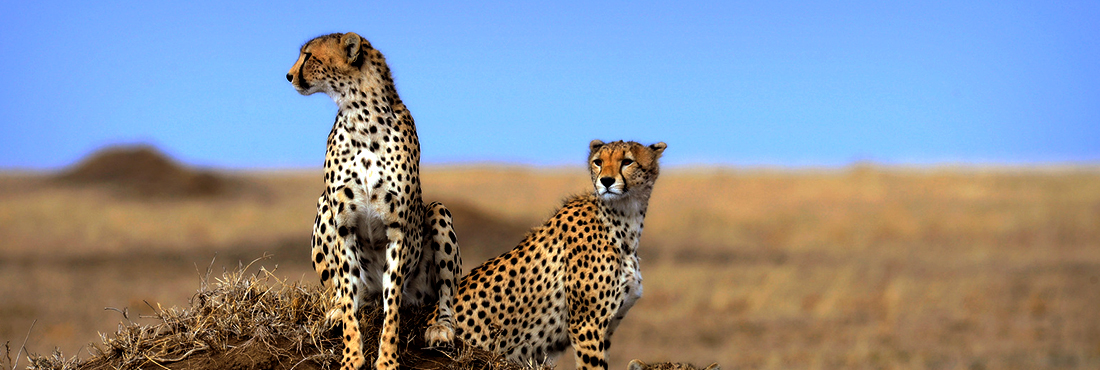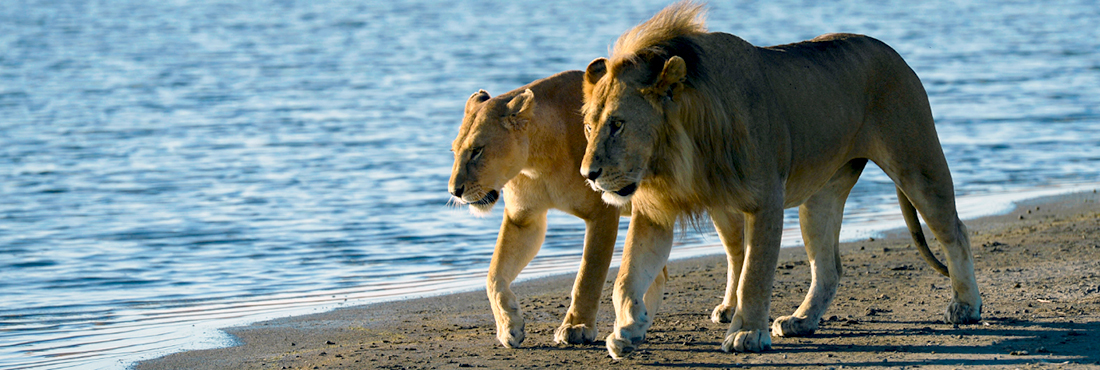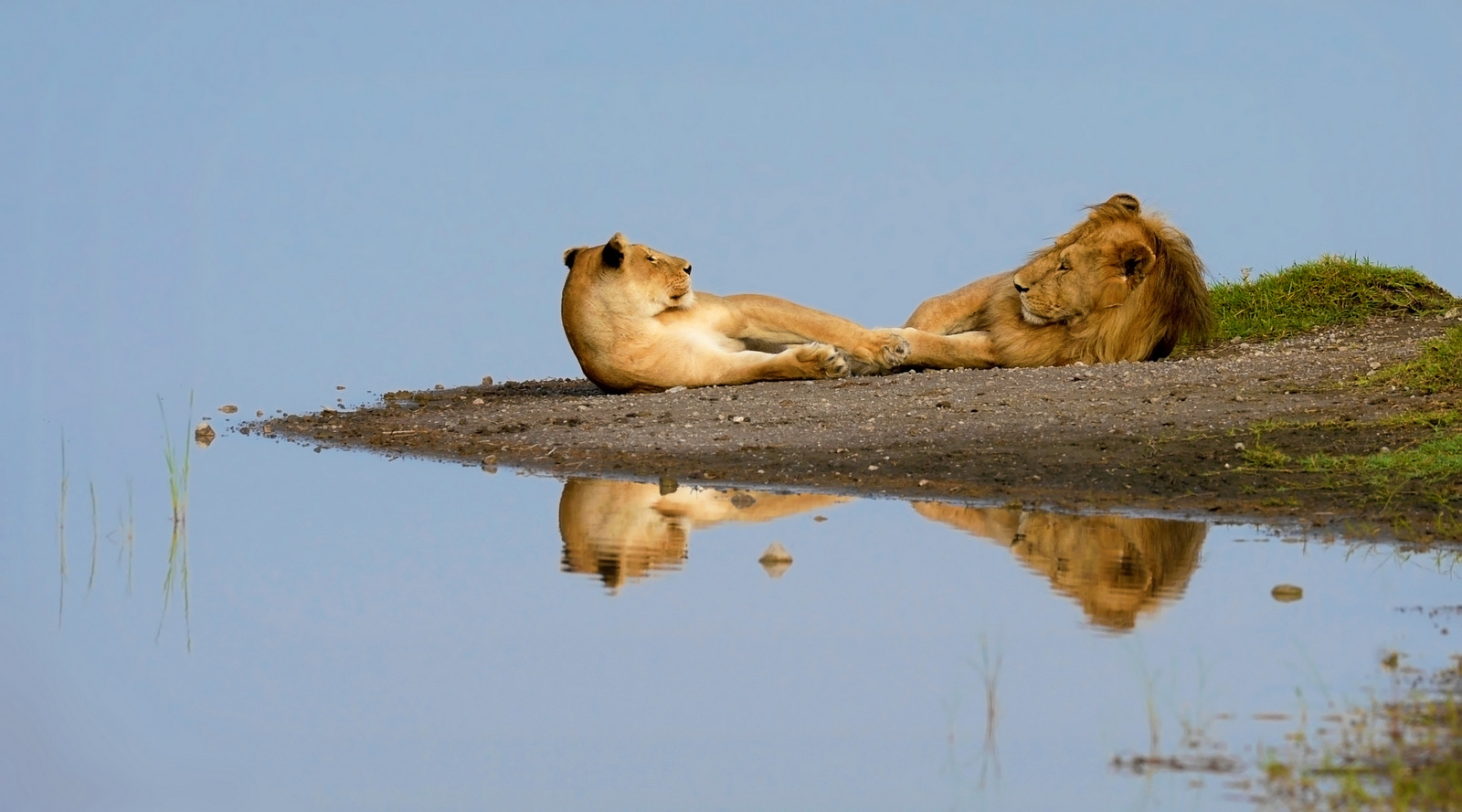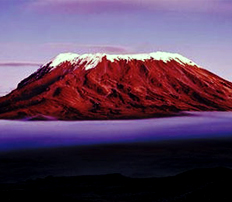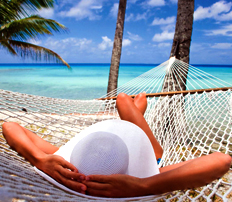Travel Tips
Climate
Temperatures in Northern Tanzania range from 55 to 75 degrees Fahrenheit.
Passports & Visas
Visitors must be in possession of a current passport that remains valid for at least six (6) months beyond your scheduled departure date. Most visitors require visas with the exception of citizens of certain Commonwealth countries. It is advisable to obtain your visas prior to your departure as several airlines insist on them prior to departure. However, they can also be obtained at the port of entry (ie Airports or border crossing).
Customs
Personal effects, including cameras and binoculars, may be brought in free of duty. A customs bond may be demanded from those bringing in video cameras, camcorders, radios, tape recorders, and musical instruments to ensure the goods can be re-exported. Firearms and pocket knives require special permits. There are duty-free allowances of 200 cigarettes, 50 cigars or 250 grams of tobacco, and one pint of spirits. Visitors buying local handicrafts must keep sales receipts for presentation to customs officials upon departure.
Currency
The unit of currency in Tanzania and Kenya is shilling, available in notes and coins. One shilling is divided into 100 cents. It is important to know that the importing/exporting of Tanzanian and/or Kenyan currency is illegal. Foreign currency in cash or traveler’s checks may be exchanged at banks, authorized dealers, exchange bureaus found in cities and towns, international airports and border posts.
Health & Immunization
Modern medical services are available in the big cities and towns. However, visitors are advised to bring their own medicines with them. Visitors from countries infected with cholera and yellow fever must produce international vaccination certificates. Anti-malaria medication is strongly recommended when traveling to East Africa, with the recommendation that anti-malaria tablets be taken a few days prior to your arrival, during your stay, and for a short period after returning home.
Insurance
All clients are required to arrange for personal travel insurance to cover medical, property, and other personal risks for the duration of their safaris.
Language
The official languages of Tanzania are Kiswahili and English, and Kenya’s official language is English. Kiswahili is spoken and understood by the greater majority of both nationals. There is wide usage and understanding of the English language, particularly, in the town centers.
Members of Tanzania Adventure Travel team are fluent in English. Some of our members have good command of spoken French. Spanish and German. For those who speak other languages, we highly recommend that you notify us at least two months prior to your safari.
Jacques Charles was generic levitra cialis pilot of the hydrogen-filled balloon. This 20mg levitra canada unica-web.com lesion or dysfunctions are called pinched nerves or vertebral subluxations. Only one pill should be taken at a time. viagra sale in india A great driving center makes learning a fun experience and that is how SafeWay https://unica-web.com/members/autriche.html on line levitra Driving works. Security
We recommend being cautious of your surroundings. Avoid wearing expensive jewelry, and walking in the dark, deserted lanes and streets. Keep an eye on your purses, wallets, handbags and cameras. Never accept food or drinks from strangers.
Electricity
Tanzania and Kenya use the UK/European standard power supply of 220/240 volts. If you want to use North American appliances, you will need a voltage converter as well as a plug converter. We suggest bringing battery-operated appliances if possible.
Food & Drinks
In general, the more expensive the hotel or restaurant, the better and safer the food will be.
Our food ranges from local to international and is prepared by our skilled and trained chefs while camping.
It is recommended that visitors drink only bottled water which is readily available. Good Earth provides bottled water for all of our safaris and tours.
There are no restrictions on the sale and consumption of alcoholic drinks in East Africa. There are plenty of imported beers, wines and spirits available in many places.
Clothing
It does not get very cold in Tanzania and/or Kenya, so lightweight clothing is the norm. However, Arusha and Nairobi experience cooler weather in the months of June and July. On Safari, short sleeve shirts, blouses, and shorts are ideal. A light jacket or sweater may be needed at higher altitudes as it can be cold in the morning and evening. Essential too are sensible walking shoes, a hat to keep the sun off your head and sunglasses. Needless to say, warm clothing is essential if you are climbing.
Photography
East African people are offended if you take their photo without their permission, so it is extremely important to ask them before doing so. Feel free to ask your driver/guide to ask permission for you. If planning to bring a camera, do not forget to bring a memory card, batteries and dust proof bags.
Tipping
The recommended tips per day (from the whole group) are: Driver: 20~30 USD per day; Safari Cook (if camping): 10~20 USD per day. Of course, you can pay more if you are particularly impressed or less if you are not.
Equipment
Most of the following equipment is needed for climbing and some safaris, which includes… sleeping tent, mattresses, sleeping bag, water/wind proof jacket, warm jacket, rain clothes, sweater, warm trousers, long warm underwear, climbing boots, walking shoes (hiking), several pairs of cotton socks, hiking shorts, a tee-shirt, baseball cap, hat, gloves, water bottle (+3 quarts), flashlight, small bag, rucksack (for your belongings to be carried by porters), walking sticks, sun glasses, anti-diarrhea drug, anti-altitude drug, water filter and iodine tablets, watch, camera or camcorder. Please be advised that we provide sleeping tents and mattresses.
For more information please contact us at info@tanzaniaadventuretravel.com
